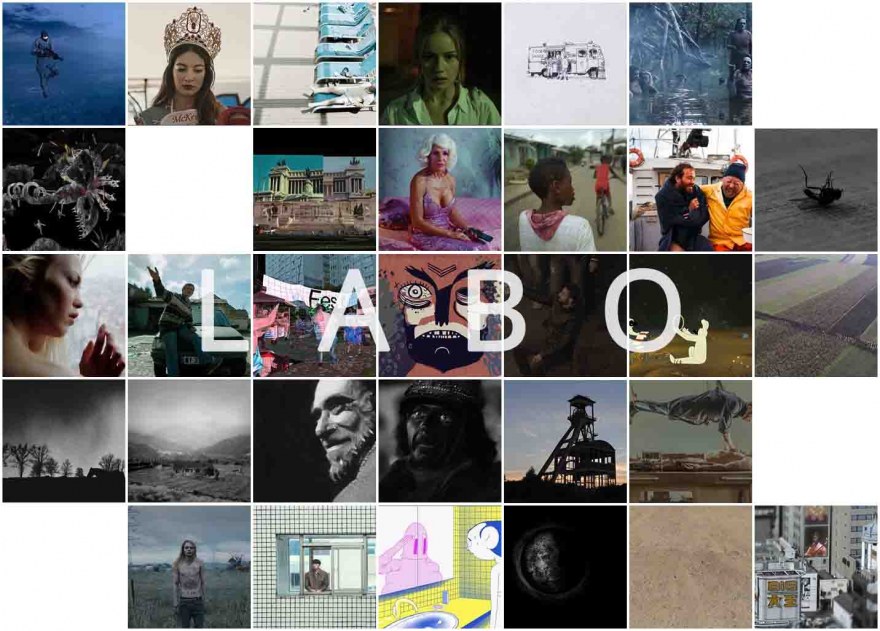[Editorial] Lab Competition 2019
Since its inception, the Lab competition has been changing constantly, its one stable point being a desire never to be boxed in.
The trend was developing over the years: and now in this eighteenth edition, documentaries appear more like an continent than a peninsula in the Lab competition! The turn of the 21stcentury marks our entry into the world of globalization and the beginning of the digital age. Documentaries have freed themselves from simple direct cinema, from observation; they’ve reinvented themselves. These films defend values that we need, they are deeply humanist. We have high expectations in terms of meaning, sharing, a desire to reinvent ourselves as human beings, by being protagonists in this world where we are bombarded by desperate information that forces us to be passive. The Migrating Image, by the Danish filmmaker Stefan Kruse Jørgensen, follows a fictional group of refugees across Europe. Where do all the images of migrants come from? The film questions the overproduction of these images. How do they redefine the geography of Europe? We live in a world where fear of the other has become alarming, as if our identity were threatened by the outside, yet also weakened from the inside, in the grip of an unprecedented existential crisis.
Exploring the territory of the village of Bojaya serves as the basis of the Colombian-Belgian filmmaker Juanita Onzaga’s narrative in Our Song to War– the perception of a reality permeated by the irrational, the persistence of archaic patterns, the survival of the sacred, all tied together by an exceptional sense of imagery.
Clément Cogitore, on the other hand, distances himself from such fabulous rituals by repurposing stock images from Shutterstock and Getty Images. In The Evil Eye, he grafts onto some unreal, sterilized and dizzyingly familiar snippets of shopping bliss an apocalyptic story that plays on the idea of woman as evil, an age-old scapegoat from Eve to medieval witches. As Jean-Charles Vergne, director of the FRAC Auvergne, tells us, Cogitore has just won the Marcel Duchamp Prize. He also had three films in competition at last year’s Festival and took home no fewer than two awards.
Speaking of Eve, she can be found in the film by Agathe Riedinger, who was in last year’s National Competition with J’attends Jupiter. The film continues the trend even more fully, using Google Voice in a truly disturbing way to question the image of an “ideal” woman and the frantic search for love.
Pang Chuan Huang, like Cogitore, was a student at Le Fresnoy – Studio national des arts contemporains. With his particular gentleness and casualness, he asks: “What were you doing last year, when I took this picture from a train passing by your house?”. InLast Year When the Train Passed By, this trivial question serves as a cover for a touching portrait of Taiwan, outside the cities and areas that have already been mined by the film industry, much like his previous film, Retour, which won the Grand Prize in last year’s Lab competition.
Once again, the Lab aims to grab hold, to create a sensation of surprise, of deep, unique satisfaction that mixes emotions, aesthetics and ethics through the works on display this year.








